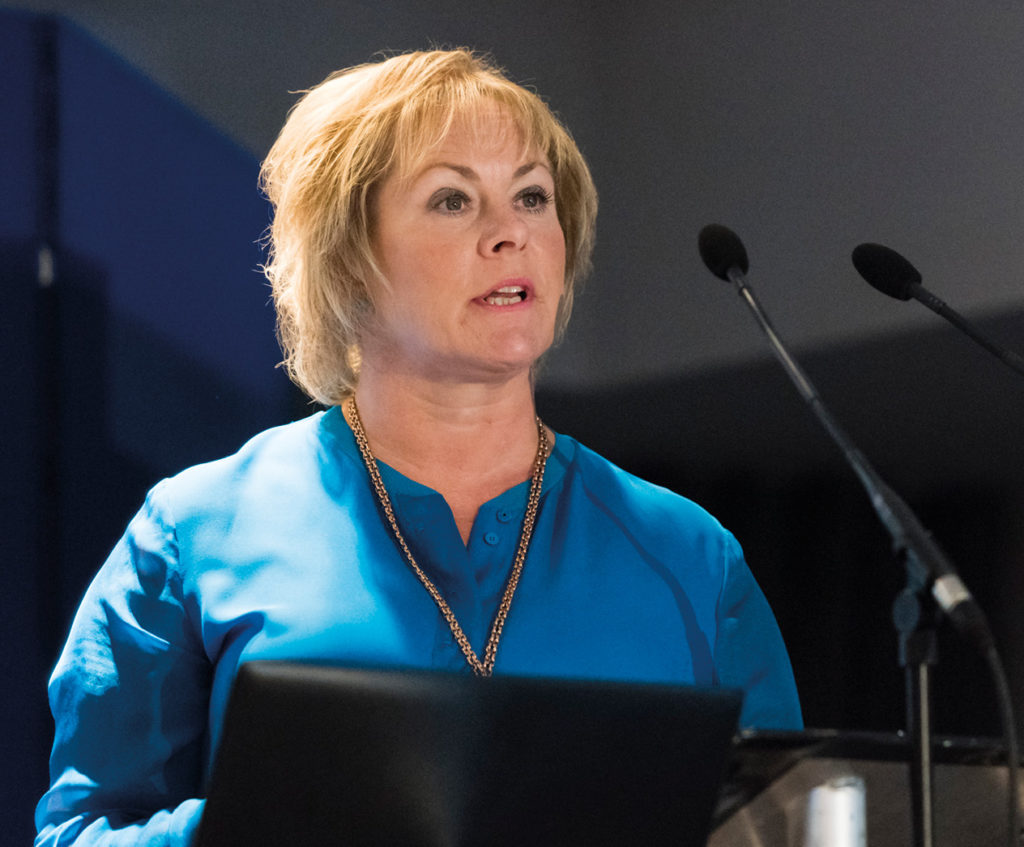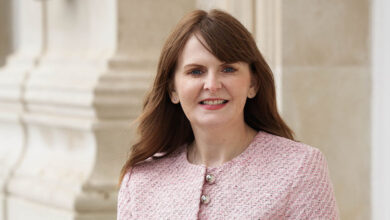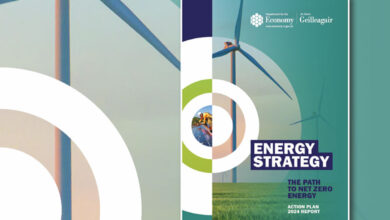Regulation for future investment
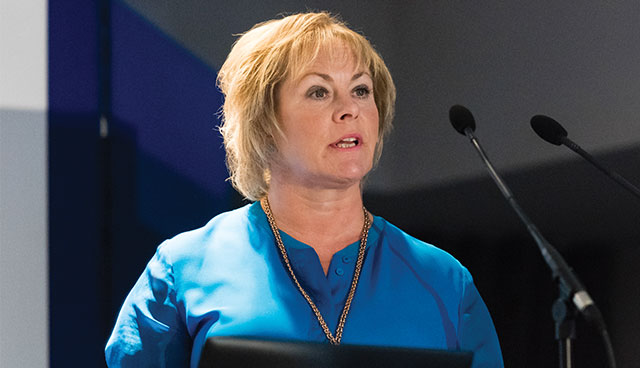
Northern Ireland utility regulator Jenny Pyper looks at the role of the regulator in supporting future energy infrastructure investment.
The lack of a clear, strategic guidance from a working Executive at Stormont is the biggest challenge now facing the development of the energy sector in Northern Ireland, according to Utility Regulator Jenny Pyper.
“Brexit and the development of I-SEM are issues that also fall into this category,” she added.
“Above all else, we must continually strive to deliver decisions that reflect best practice. The regulatory framework that exists within the UK has been used as a role model in other parts of the world. This is particularly so in the EU.
“At the heart of this process is the regulatory network that allows regulators, working in all spheres of industry and society as a whole, to fully interact with each other.” According to Pyper, effective regulation is focussed on delivering for the public good at all times.
“This means balancing the needs and rights of consumers with the very legitimate aims of commercial operations to develop sustainable business models.
“Competition and regulation must work for the many; not just for the few.
“Regulators work within a fast evolving market environment. As a consequence, the response of a regulator must be equally versatile.
“Fast changing market conditions and the equally rapid development of new technologies can bring about fast changing circumstances within all sectors. However, it is the job of the regulator to bring a degree of stability to bear. This approach best meets the interests of consumers while also providing businesses with the confidence to invest in the future.”
Pyper confirmed that she wears a number of hats when it comes to her fulfilling the role as Utility Regulator for Northern Ireland.
“As a moderator, I have to balance the interest of all stakeholder groups. This entails me communicating with all interested parties on a regular and ongoing basis.
“Consumers have needs but so do regulated businesses. They must be allowed to develop the assets they have control over in ways that provide optimal benefits for consumers and their shareholders.”
She added: “All regulators must be able to take a strategic view of the industry they are working in. Where energy is concerned, Northern Ireland has a target of securing 40 per cent of its requirements from renewable sources.
“Currently, that figure stands at 26 per cent. Long-time horizon scanning is also important, where regulation is concerned.
“However, converting these aspirations into reality can sometimes be difficult. For example, the second North South Interconnector should have been built 10 years ago.
“Regulators work within a fast evolving market environment. As a consequence, the response of a regulator must be equally versatile.”
“I believe its development is crucial to the sustainable development of the energy sector on the island of Ireland and I know this is an aspiration held in equal measure by the DUP.
“Regulators must also balance the needs of all stakeholder groups. However, I also feel the analogy of regulators taking on the role of helicopter pilots is equally relevant. From a height, helicopter pilots are able to take in the bigger picture. However, they can also hover and take stock, when required, while landing permits them to take whatever action is required in a timely manner.”
Pyper said that analysing trends within a sector is a key part of the role fulfilled by a regulator.
“The analysis must be carried out on a factual basis but regulation is not an exact science. Personal judgement on the part of the regulator will always be required. This key facet of the regulator’s role can only be honed on the back of experience. In this context, it really is a case of learning from the past.”
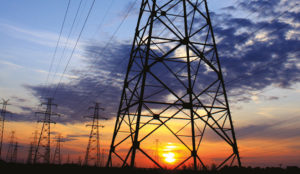
Pyper stressed the need for regulators to advocate for the short and long-term interests of consumers.
“I am also happy to act on behalf of the business community. This was the case when it came to extending Northern Ireland’s natural gas network to the west and, of course, where the development of a second electricity interconnector is concerned.
“We need to secure future electricity supplies across the island of Ireland on a sustainable basis and the best way of achieving includes a commitment to a second interconnector.”
According to Pyper, enforcement is the dimension to a regulator’s role that tends to most catch the attention of the public at large.

